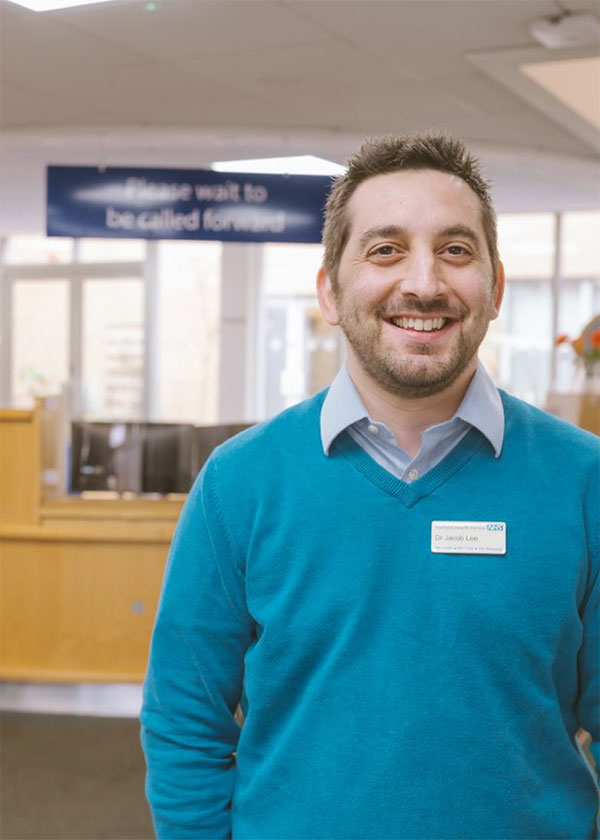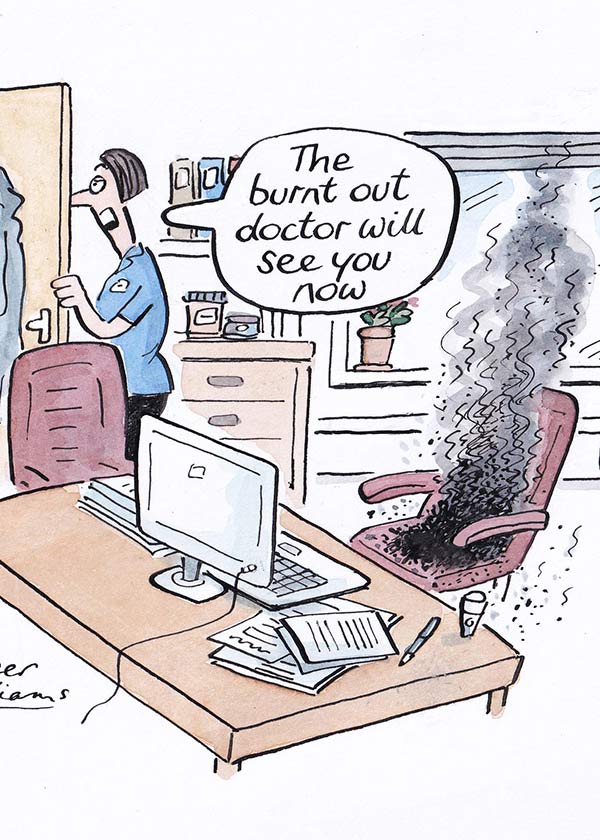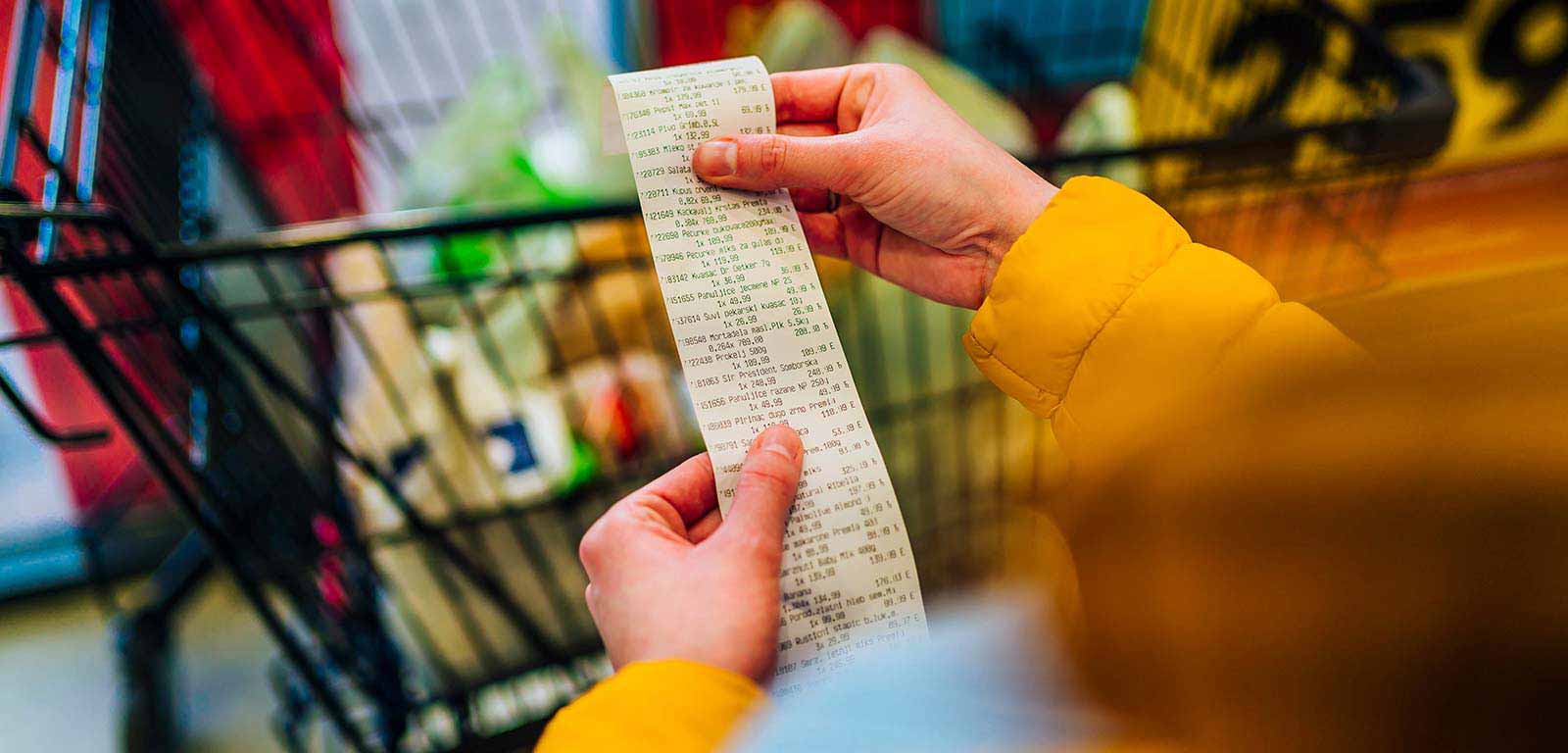
When Kamila Hawthorne became Chair of the RCGP in November last year, she knew that one priority would be addressing the long-standing workload and workforce pressures GPs and their teams are working under, which is impacting both on their ability to deliver safe care for their patients, and their own health and wellbeing.
But she also had another priority: she wanted to address health inequalities. It's an ambition that is no small feat. The concept that those who most need medical care are least likely to receive it first came to prominence in 1971 when Welsh GP Dr Julian Tudor Hart theorised the inverse care law of health inequalities in The Lancet – and the issue prevails today. Indeed, Michael Marmot’s ‘Marmot Review 10 Years On’, published in 2020 found that the health gap has grown between wealthy and deprived areas.
It's fitting then that another GP working in a deprived area of the Welsh valleys - Mountain Ash - wanted to take it on, and this became the topic of Kamila’s inaugural national media interview in the Guardian. It made the front page.
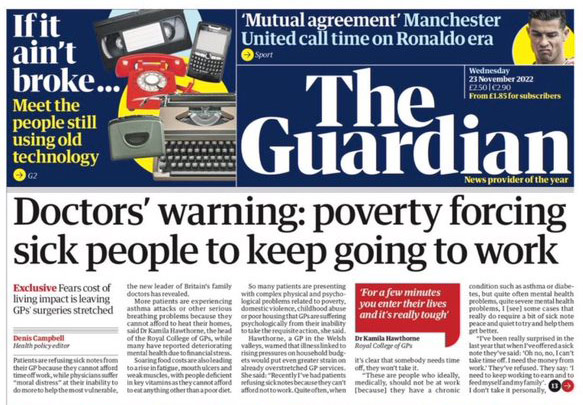
She spoke candidly about her experience on the frontline, witnessing patients struggling with rising food and energy prices, the impact it is having on their physical and mental health, and the moral distress this causes her and her colleagues.
“People are very, very anxious about…whether they’re going to have to choose between heating and eating. We can help most people who come to see us as they have, for example, a skin rash, period problems or anxiety and depression. More and more, however, we’re seeing people with intractable social and psychological problems that are very difficult to solve,” she told the Guardian.
“GPs are trained to help sort people out. But when we’re faced as GPs with insoluble problem after problem after problem, that can be quite gruelling to watch. That sense of hopelessness that the patient brings with them gets transferred to you as a GP. When it’s patient after patient after patient, you go home really at the end of the day feeling like a wrung-out lemon. It’s quite exhausting.”
In some cases, she described patients not accepting fit notes when they are sick – despite her strong recommendation to take one – because they simply can’t afford not to work. “I don’t take it personally, of course, but I feel sad for people because for a few minutes you enter their lives and see that it’s really tough,” she said.
Her interview led to a number of media appearances exploring the social determinants of health. She spoke to 5 News, the BMJ and The Times, as part of their year-long Health Commission, about the impact of poor housing on patients’ health. She told The Times it is something she sees frequently in practice: “Having significant damp and mould at home can lead to respiratory problems and infections…cause or exacerbate allergies and asthma… [it] can also cause considerable stress and affect people’s mental health.” Kamila was also asked by Lord Crisp to speak about housing and health at an event run by the Town and Country Planning Association as part of their Healthy Homes Campaign.
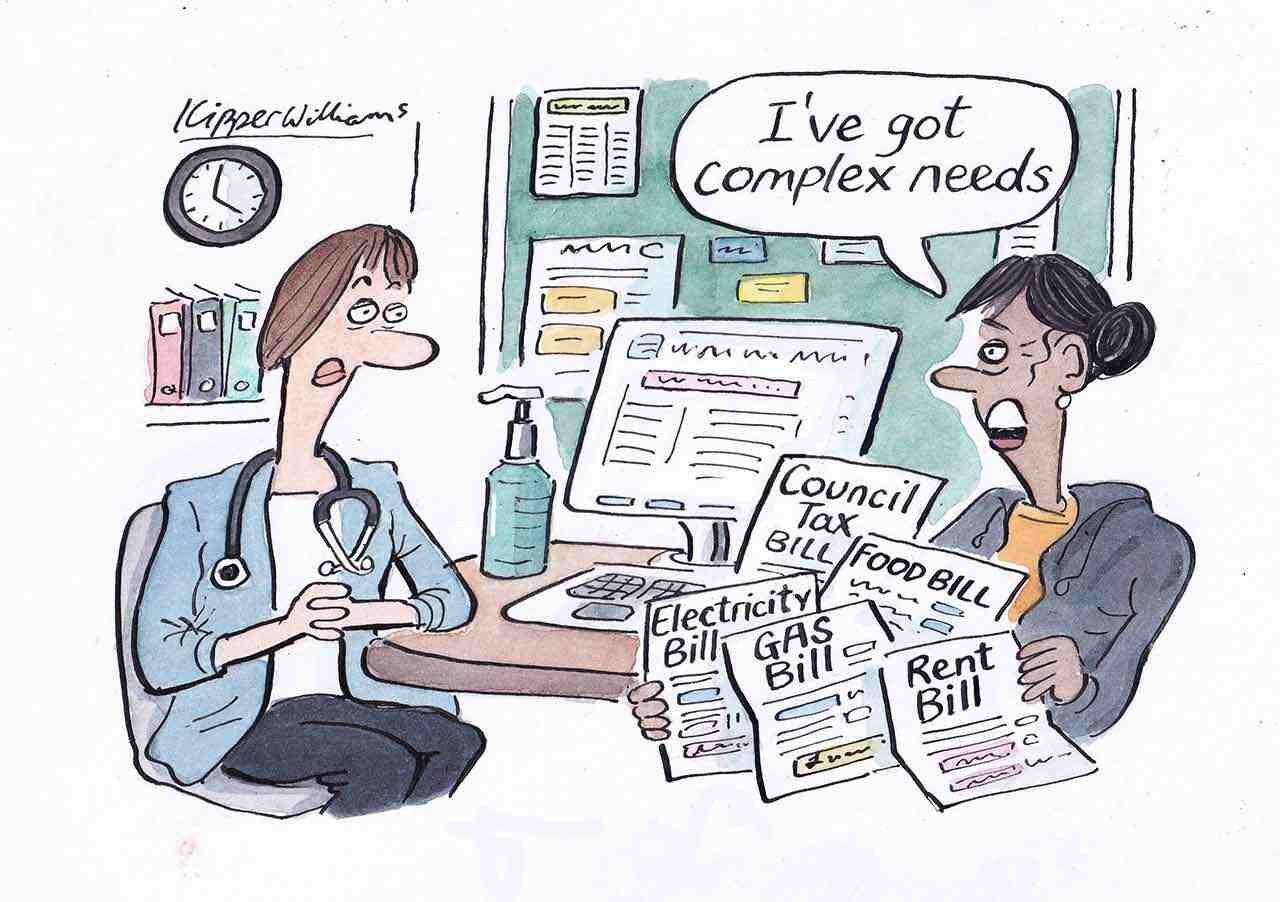
It also kickstarted a body of work for the College on addressing the stark health inequalities that exist in the UK – something that has become a key priority area in the RCGP’s 2023-26 strategy.
A snapshot survey of around 200 members conducted in November last year found that more than 85% of respondents had seen an increase in presentations that could be linked to poverty or lack of funds for daily living; and more than 70% were concerned both about the impact of rising cost of living on their patients’ health, and general practice workload.
In February, a well-received discussion paper went to the College’s governing UK Council. Council members were asked to consider and discuss the impact of health inequalities on patients and general practice, and what the role of GPs and their teams in addressing them should – and shouldn’t - be. They were also asked to share their knowledge of what is already being done to tackle health inequalities at a local and national level, and what support would be needed to do more – as well as their thoughts on what the College should be doing in this space.
Council members shared their own rich experiences, not just of the current cost of living crisis and how it is impacting their patients, but long-standing observations and concerns – and also potential solutions. The full discussion is available for members to watch back.
Next steps include further discussion within the College and with stakeholders about what can and needs to be done at a practice, system and national level to address health inequalities. This will be followed by a stakeholder summit this Summer, and the publication of a policy advocacy report later in the year.
Kamila is also providing guidance to GPs working at practice and system (be it ICB, federation or cluster) level on what they can do to reduce health inequalities, as well as lobbying politicians and decision makers to focus on reducing health and social inequalities by developing more equitable health and social national policies.
Read more
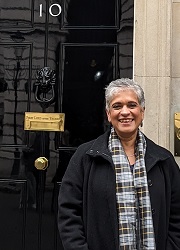
Thank you for your feedback. Your response will help improve this page.

